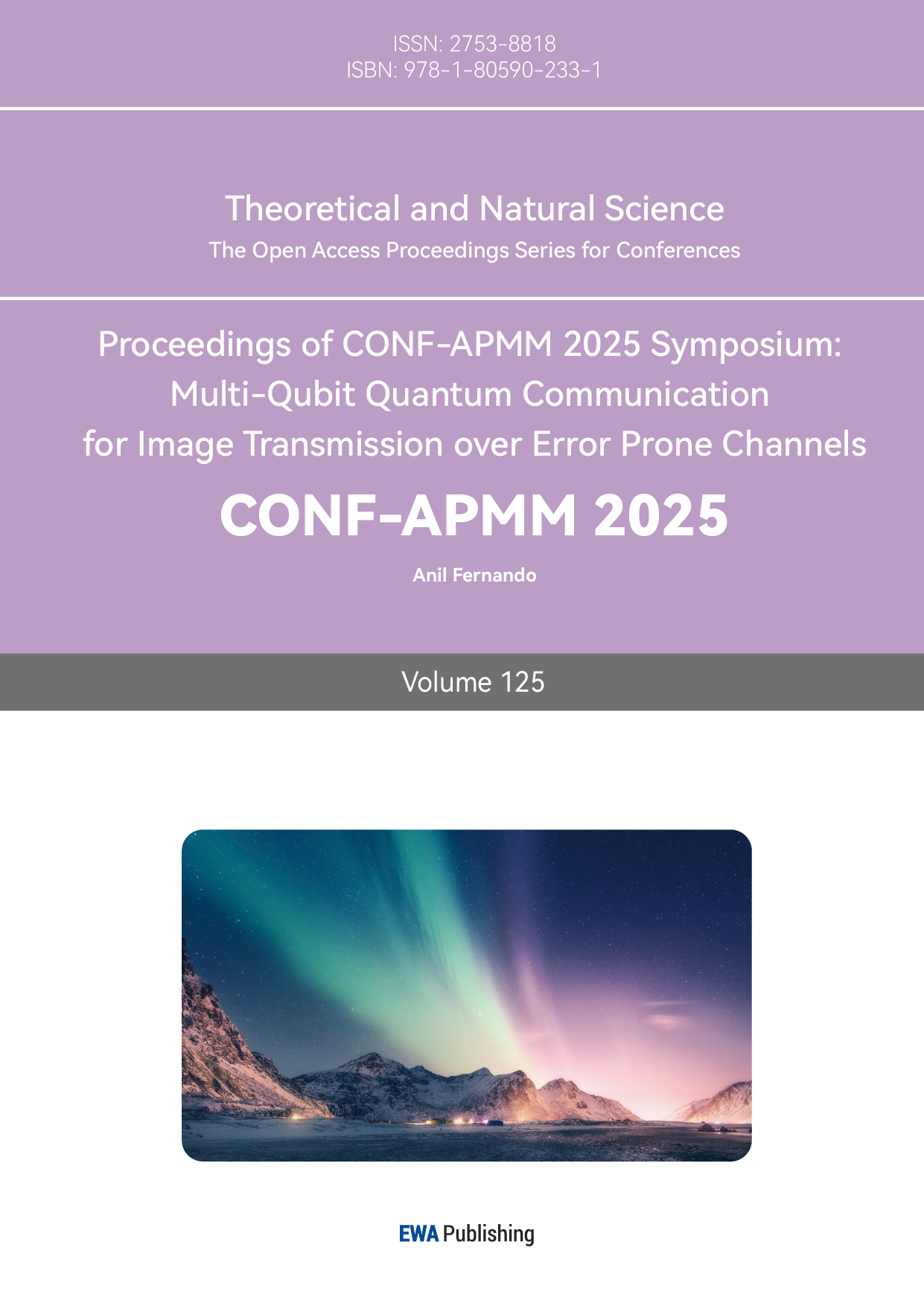References
[1]. Eslami, M., et al. (2019). User attitudes towards algorithmic transparency and accountability. Proceedings of the ACM on Human-Computer Interaction, 3(CSCW), 1-22.
[2]. Hoff, K. A., & Bashir, M. (2015). Trust in automation: Integrating empirical evidence on factors that influence trust. Human Factors, 57(3), 407-422.
[3]. Lee, J. D., & See, K. A. (2004). Trust in automation: Designing for appropriate reliance. Human Factors, 46(1), 50-80.
[4]. Long, D., & Magerko, B. (2020). What is AI literacy? Competencies and design considerations. Proceedings of the 2020 CHI Conference on Human Factors in Computing Systems, 1-13.
[5]. Miller, T. (2019). Explanation in artificial intelligence: Insights from the social sciences. Artificial Intelligence, 267, 1-38.
[6]. Ng, D. T. K., et al. (2021). AI literacy: Definition, teaching, and evaluation. Journal of Educational Computing Research, 58(4), 747-765.
[7]. Ribeiro, M. T., Singh, S., & Guestrin, C. (2016). Why should I trust you? Explaining the predictions of any classifier. Proceedings of the 22nd ACM SIGKDD International Conference on Knowledge Discovery and Data Mining, 1135-1144.
[8]. Shin, D. (2021). The effects of explainability and causability on perception, trust, and acceptance: Implications for explainable AI. International Journal of Human-Computer Studies, 148, 102557.
[9]. Sundar, S. S. (2020). The MAIN model: A heuristic approach to understanding technology effects on credibility. Digital Media, Youth, and Credibility, 47-70.
[10]. Zhang, B., & Dafoe, A. (2019). Artificial intelligence: American attitudes and trends. Oxford University.
[11]. Russell, S., & Norvig, P. (2016). Artificial Intelligence: A Modern Approach (3rd ed.). Pearson.
[12]. Esteva, A., et al. (2017). Dermatologist-level classification of skin cancer with deep neural networks. Nature, 542(7639), 115-118.
[13]. Ricci, F., Rokach, L., & Shapira, B. (2015). Recommender Systems Handbook. Springer.
[14]. Domingos, P. (2015). The Master Algorithm. Basic Books.
[15]. Bishop, C. M. (2006). Pattern Recognition and Machine Learning. Springer.



